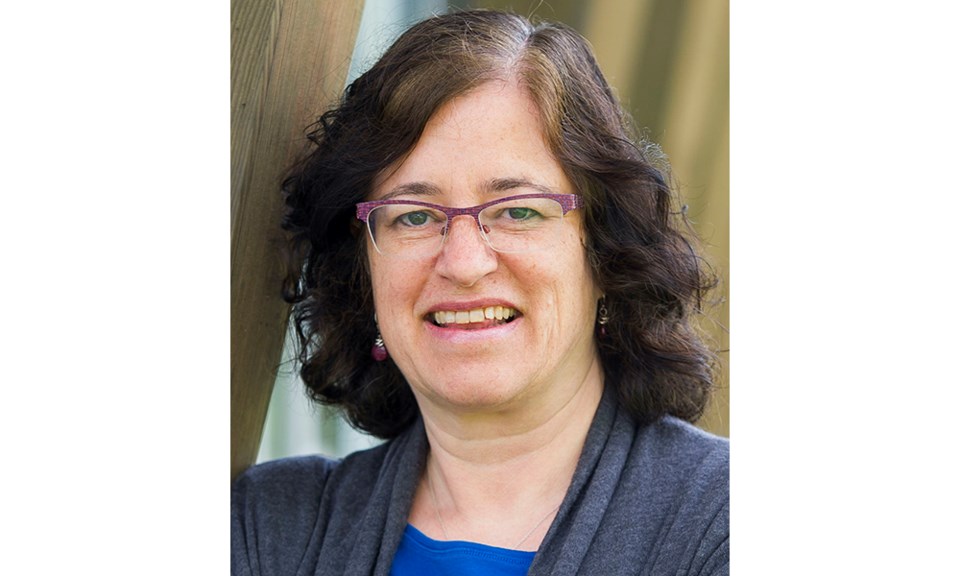Housing, homelessness and poverty are the top issues on voters’ minds going into fall’s civic election season in British Columbia, a new poll by Research Co. has found.
Anyone who has been in the market for a new home in Metro Vancouver recently can certainly relate to this. Rents are sky-high ($1,800 a month for a one-bedroom, $2,400 for a two-bedroom, according to liv.rent) and home purchase prices have surged over the pandemic. Those increases may be slowing now as the economy slows, but interest rates are going up, which increases the cost for anyone who needs a mortgage.
Housing concerns and poverty were the number one issues across all genders, ages and demographics, the poll found.
“The need is great, and the research shows that voters will be prioritizing candidates that will commit to taking concrete action to address local housing needs,” said Mario Canseco of Research Co.
Civic elections, including those for Richmond’s mayor, councillors and school trustees, will be happening on October 15.
In provincial politics, B.C. MLA David Eby, who looks to be the sole candidate to replace Premier John Horgan when he resigns as NDP party leader this fall, has been actively involved in trying to address housing affordability in his roles as housing minister and attorney general. Most recently Eby called on municipalities to build more homes, more quickly by cutting red tape.
The B.C. NDP government brought in Canada’s first speculation and vacancy tax in 2018, to discourage investor owners from leaving houses empty. The first ever report about the tax was released this week and it found the tax helped add about 20,000 condos that would have otherwise sat empty to the rental market.
In three years, the tax raised $231 million, which will go towards building affordable housing. People who are Canadian citizens who own homes they leave empty pay 0.5 per cent of the home’s value in tax each year, while foreign owners who do not pay income tax in the province pay two per cent of the home’s value each year.
In a “housing crisis,” which has been acknowledged by government, no homes should be left empty, ever. Taxing empty homes is a good start to discourage them entirely. Until the pandemic came along and blew up the housing market, the tax appeared to be making homes in B.C. slightly more affordable.
B.C.’s Finance Minister Selina Robinson said the tax is helping to ensure housing is more affordable for British Columbians and that people can have homes.
“If we didn’t have this tax, we would see those homes become speculative, sitting empty, and that’s not good for anybody. It’s not good for the economy and it’s certainly not good for people,” Robinson said.
The tax only applies in certain areas of the province and this week the government expanded it to a few more communities on Vancouver Island and the coast where they are seeing pressures on housing. Robinson also said the province is keeping an eye on the tax rate and didn’t rule out changing it.
In B.C., where a report released last month found “enormous” amounts of money being laundered, including in the housing market, everything that can be done to make sure everyone can afford and find a home, whether by buying it or renting it, should be done. People are right to have the housing crisis as their top concern, for all levels of government.
The poll asked citizens for their ideas to ease the housing crisis and three-quarters supported streamlining municipal rezoning processes to fast-track rental housing and contributing public land to non-profit and co-op housing developments.
All of this needs to be done, and more. If people cannot be confident in their ability to secure safe, affordable housing, everything else falls apart. Folks with housing insecurity are not going to be able to focus on solving climate change or the opioid crisis. Housing is a basic human need, and indeed, a human right. Everything possible should be done to make sure everyone can afford a home.
The poll mentioned above was conducted by Research Co for BC Non-Profit Housing Association, the Co-operative Housing Federation of BC and the Aboriginal Housing Management Association and surveyed more than 2,000 adults in June 2022, with a margin of error of plus or minus 2.2 percentage points, 19 times out of 20.
Tracy Sherlock is a freelance journalist who writes about education and social issues. Read her blog or email her [email protected].



